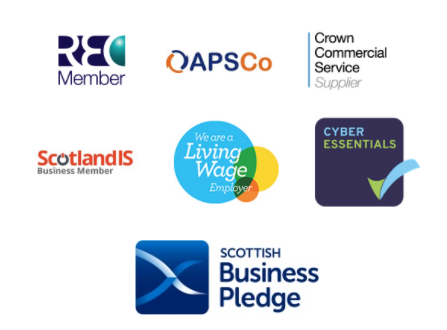

Infrastructure is becoming increasingly involved in unprecedented areas of the modern enterprise. The focus of Infrastructure leaders is evolving far beyond technology elements like data centres, colocation and the cloud to include more about how an organisations infrastructure can support and enable business strategy.
The impacts in the near future will be Serverless Computing, Artificial Intelligence, Network Agility, Death of the Data Centre, Edge Computing, Digital Diversity Management, Talent Management and Global Infrastructure. Nearly two-thirds of CTO’s say a lack of talent holds their organisation back, according to a survey from KPMG. This is never truer than the demand for Microsoft Azure, AWS, IBM Cloud and Google Cloud.

Investigate ‘function platform as a service’(FPaaS), a software architecture that could preclude infrastructure management. It allows functions to run without having to explicitly provision or manage infrastructure. Without replacing containers or virtual machines, this can support utility logic, unpredictable demand and event-driven requirements.

Historically, Infrastructure were organised vertically, around a specific stack, Organisations still need depth of technical expertise, but better collaboration horizontally across teams too. Try to drive people beyond their stack and challenge them. IT Leaders must hack their culture and get those people out of their bubble.

Engineers and Infrastructure professionals like nothing more than getting some new badges! Upskill your workers and offer paid qualifications – this will keep your talent happy and ensure they develop with you and do not sit stagnant.
| SALARY BENCHMARKS | RANGE | DAY RATE |
|---|---|---|
| DevOps Engineer | £55,000 - £80,000+ | £600 |
| Systems Adminstrator | £30,000 - £55,000 | £375 |
| Application Support | £30,000 - £50,000 | £350 |
| 1st / 2nd Link Support | £20,000 - £35,000 | £200 |
| 2nd / 3rd Link Support | £35,000 - £45,000 | £300 |
| Data / Network Engineer | £40,000 - £55,000 | £300 |
| Infrastructure Manager | £65,000 | £350 |
| Cloud Infrastructure Engineer | £35,000 - £45,000 | £550 | Business/Process/Systems/Change Analyst | £37,000 - £65,000 | £425 |
MCDST (Microsoft Certified Desktop Support Technician)
MCSE (Microsoft Certified Systems Engineer)
MCSA (Microsoft Certified Solutions Expert)
MCP (Microsoft Certified Professional)
CCNA (Cisco Certified Network Associate)
ITSQB – Certified Tester Adv. Level: Test Automation Engineer

